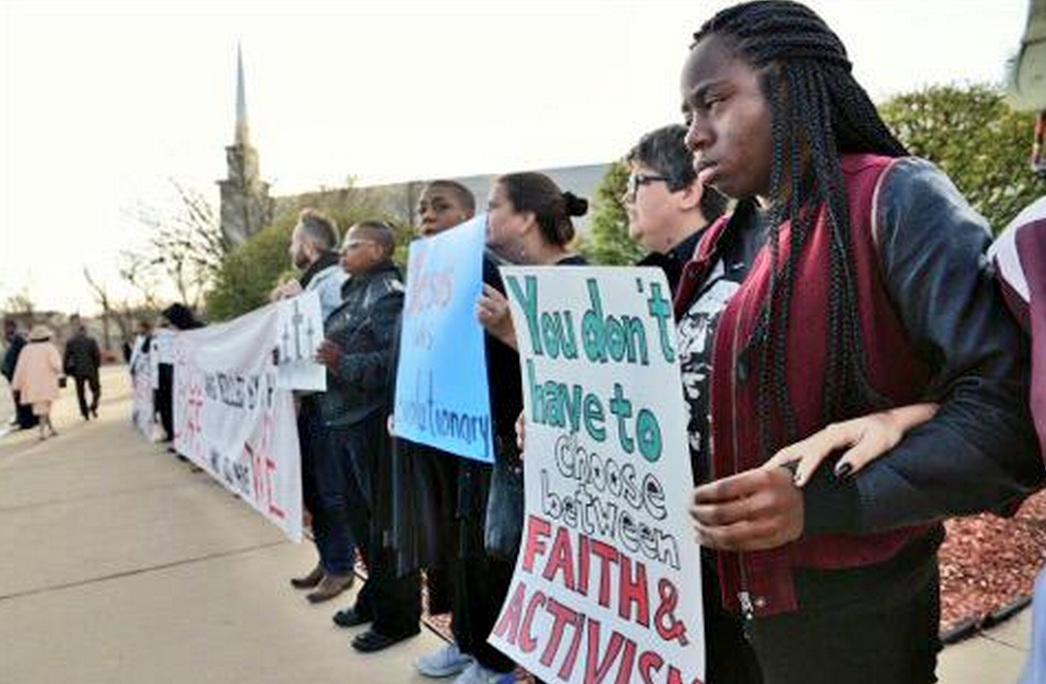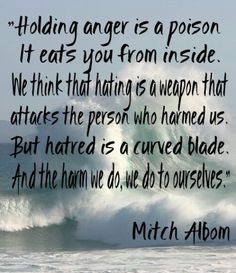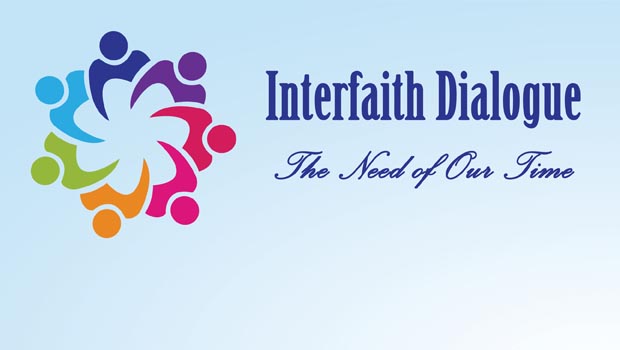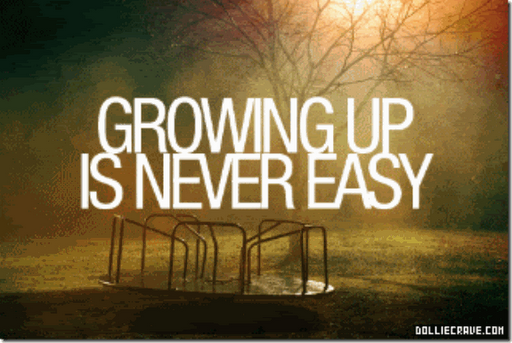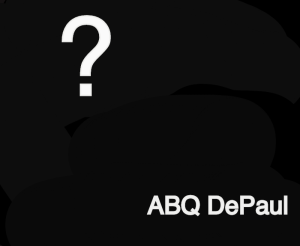Over the summer, a group of our interfaith scholars headed to New York City in order to experience each other’s faith in such a way that we could move past any preconceived notions and actually grasp what the others believed. For most college age students, a trip to New York is all about the kind of shenanigans that can be accomplished and summer is about losing all responsibility and just relaxing. This summer shifted our focus because we were not letting time idly pass by. We were pushed out of our comfort zones in an effort to bring all of us closer together. We had the rest of the summer to reflect and decide if that plan worked or not.
Each scholar was asked to reflect on:
- What experience was inspiring?
- What was surprising?
- What challenges were confronted?
- What made you care?
Interfaith Scholar extraordinaire Kamieshia Graves gave us her reflection:
“New York. (insert happy sigh here) The city of wonders and great opportunities. The place to be with all its magnificent city lights illuminating the picturesque skyline. All the snazzy people with ambitions and dreams that are out of this world. Forget Home, Dorothy! There’s no place like New York!!!!!!”
Yeah… definitely not how I felt initially. May I offer a bit of my reality?
I never had the burning desire to go to NY. In fact, I was so dedicated to being a Chicagoan that I was almost positive that I would never partake in the blasphemous act of going to New York. It sounds ridiculous because it was ridiculous– don’t judge me. I think NY simply terrified me causing the lack of motivation to visit; however, I agreed to go with Interfaith Scholars 2013-2014 (woot woot!) and the adventure began.
You see, the day of travel came and butterflies are too cute to describe how I felt. I hadn’t previously met any of my team members with whom I would be riding all the way to NY. I’m a pretty easygoing person, but the thought of not being accepted into the group worried me quite a bit and I must say that first day was quite a challenge for me. It was like transferring to a new high school during senior year—I know from experience. Everyone was already comfortable and easily initiated conversations and laughed. Meanwhile, I fought to find a cool way to just jump in, which I never figured out. Instead, I randomly would ask a question, like a dork, never realizing that the focus was on the Game of Thrones, which I knew nothing about. (PS. Thanks guys for inspiring me to watch it. It is good!) Needless to say, I slept most of that ride.
Fast-forward:
We arrived and had arrangements to stay in the Bronx! I loved the Bronx immediately because it gave me a sense of comfort when I needed it most. I felt more connected with the residents of that area more so than I did with the individuals I was to live with. I felt that if I walked into a random group of New Yorkers they would listen to me, but I did not feel that way with my own team. Then all of a sudden, a bright light broke through the sky and we had a “Haaaaaaallelujah, hallelujah, hallelujah, hallelu-u-u-u-jahhhh” moment and one person from my group struck up a conversation with me and then another and we just clicked, which actually surprised me! Although I believe that the foundation of Christianity with regards to behavior towards others is to be Christ-like by loving everyone despite differences, I was pleasantly surprised to learn that I, a nondenominational Christian, had so much in common, including some religious beliefs, with the two young women who are both Muslim. The shared commonalities even extended to the other faith practices represented in the group. Can you imagine the look on my face when I met the Greek Orthodox priest and learned that he is just as crazy hilarious as my own pastor?! I’m sorry, but when I first heard Greek Orthodox I let my preconceived notions nurture the idea of taking a nap before going to that church. I expected it to be boring, but I happily admitted my error after learning that the St Nick is Santa. I had to send silent prayers of forgiveness to each of the faith practices many times that trip; I wouldn’t have changed it though because I learned a great deal about others as well as myself.
Though some may disagree, I would be comfortable saying that we are all working toward the same goal, but simply using different paths. I love it!
During a free day, I got to explore this a bit more when the leaders of the group gave us the challenge of initiating a conversation with a native and, if not too strenuous, centering the conversation on religion. I, along with the same two young ladies, found it rather easy to achieve this at Union Square with a bunch of random men from different faith practices. We got into this really crazy discussion (borderline debate at times) about Christianity, Atheism, and Islam with a man who identified himself as atheist. More and more people joined, and we developed this cycle of discussing religion and being silly. In the midst of all this enjoyable chaos, there was an older Islamic woman whose mere presence was awe-inspiring. This woman was selling water to make a profit. A couple of the guys bought water, and one said that he had done it because he felt sorry for her. The crazy thing is this lady was joyous and goofy. At least for the moment, she had not let life steal her love of living. I remember that she had jokingly asked one of the men why he hadn’t made a pass at one of us ladies and she laughed with us. It seems so simple, but I found it inspirational because life has dealt some crazy cards to me and I had allowed it to start having an effect on my perspective, but her presence reminded me of what I do have- laughter. (I have this crazy obnoxious laugh but I love it because it makes others laugh too.) I let the hard stuff blur my positive and optimistic outlook, but her presence.
Jumping gears to a not so religious moment that I have to share because it touched me:
I cannot remember where we were or why we were there but we were at a very small park- it was literally a fountain with benches around it- and there was this little girl who was in her own little world. She danced and danced without a care in the world, and all of us just watched her, but not in a creepy way. She eventually realized she had an audience and she stopped and returned the favor. She just looked at me… and looked… and looked until she smiled a big cheerful smile provoking me to do the same. She waved at me giddily twice before her mother looked back to check on the fuss. Her daughter ran to her and pointed at me and waved again. Our group had turned to leave, but before leaving to proceed to our next destination I turned to see her awaiting a goodbye. We waved one last time and I walked away touched by the purity of that carefree child.
I could go on and on about the IFS trip to NY, but I think I have already talked waaaaay too much. What can I say? Because of the memories I was gifted, I had a lot to say about the remarkable city of New York. As of right now, there is no place like it.
